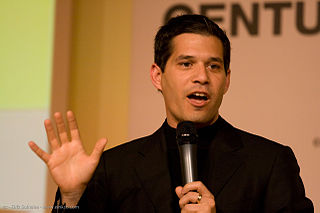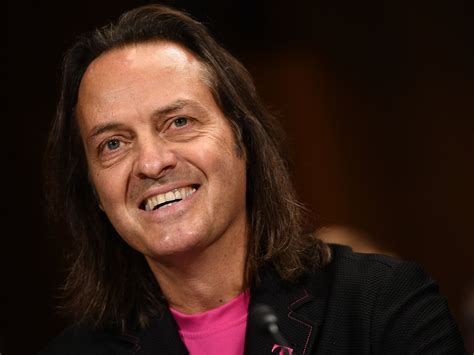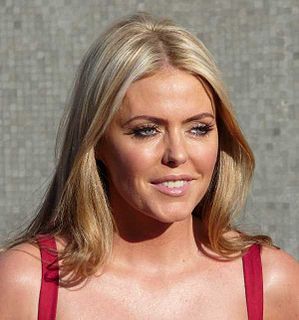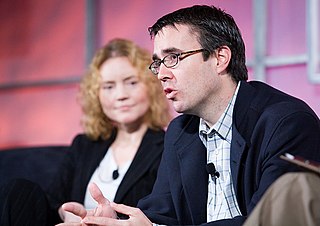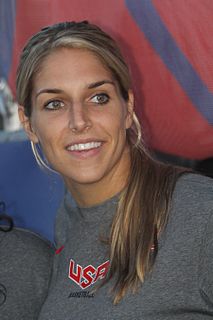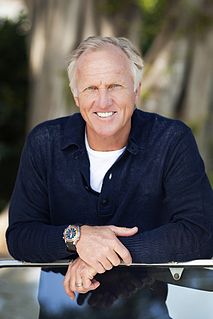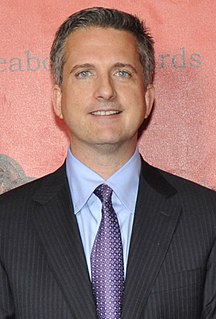A Quote by Shai Agassi
When I sold my first company at 30, I could have done whatever I wanted to do.
Related Quotes
Strangely, from a life-change standpoint, I sold the company I was running and got divorced in the same month. And so there I was, at home, and I'm not the CEO. I took a few months thinking about what I wanted to do. When the first call came in about running a company owned by Deutsche Telekom, I thought it was laughable and really not something I'd do. I took the meeting mainly because the headhunter I knew. At first I thought I was just helping her fill out the roster, but then I dug into it.
Like most plutocrats, I, too, am a proud and unapologetic capitalist. I have founded, cofounded or funded over 30 companies across a range of industries. I was the first non-family investor in Amazon.com. I cofounded a company called aQuantive that we sold to Microsoft for 6.4 billion dollars. My friends and I, we own a bank.
When you're in a start-up, the first ten people will determine whether the company succeeds or not. Each is 10 percent of the company. So why wouldn't you take as much time as necessary to find all the A players? If three were not so great, why would you want a company where 30 percent of your people are not so great? A small company depends on great people much more than a big company does.
I tend to share whatever I know in general. I've never been a person to horde information for the sake of my own skin, you know what I mean? Not share so somebody doesn't take your job, I've never had that kind of insecurity. I also had a management company, too, so we were always one of those companies that shared information with our artists. Whatever they wanted to know, as much as they wanted to know, they could know.
That was an idea of the record company, and also that was my first album after MCA and we wanted to come back with a strong album that would be noticed. If we put the vocals by very talented people and very meaningful songs, then the vocals would be a platform so that I could be noticed again. All of the MCA albums were just loaded with problems -- you know, the right musicians, the engineers. The record company would say 'You have to make music for black radio, you can't do what you have been doing with The Crusaders.' Everybody was telling me that was over, finished, done.
